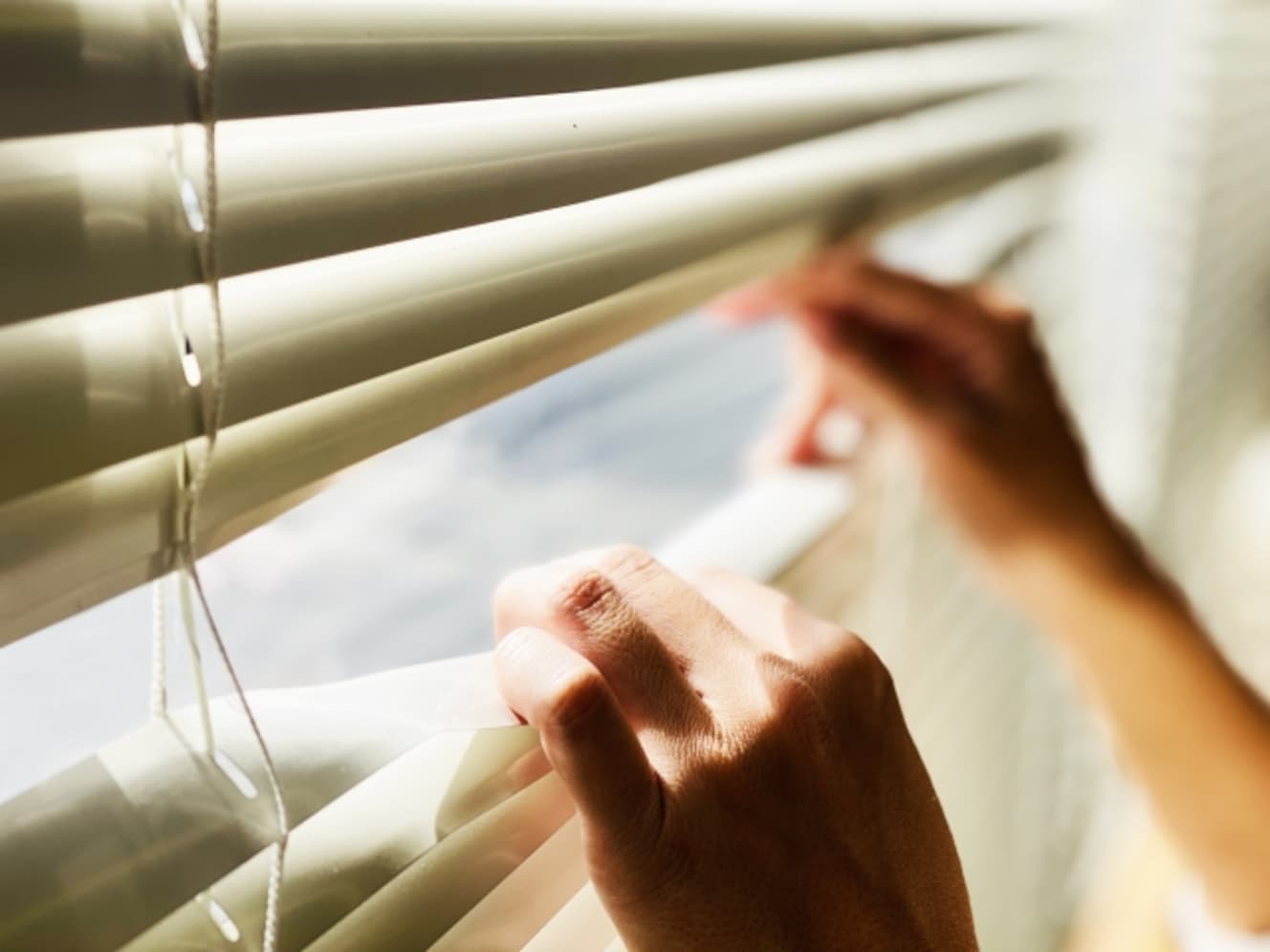Navigating Dangerous Neighbors and Scales from the Eyes in the Moving Season Maze
“I’ll prepare it here, so could you change to the specified fabric softener?”
Spring is the season of moving. Many people may have started a new life in a new home. One worry with moving is what kind of neighbors one will have. Just as there’s the term neighbor roulette, depending on the type of neighbor you get, there’s a risk that your life there could become unpleasant.
“Neighbor troubles are increasing year by year,” says Nakazato-san of Vanguard Smith, which provides neighborhood dispute resolution support services. They listen to various troubles reported by subscribers and intervene between both parties to resolve the disputes.
Nakazato-san, who hears complaints from many neighbors every day, says they’ve stopped being surprised by most things. However, even Nakazato-san was surprised when someone complained about being bothered by the smell of fabric softener from the neighbor’s house.
At that time, the request to change to the specified fabric softener provided here was not accepted by the other party.
“It seems that instead of the cause of troubles increasing, there’s a sense in society that if something doesn’t sit right with you, you’re allowed to assert yourself regardless. If you can’t tolerate things that don’t meet your standards and you believe you’re not wrong, you speak up first. I feel this atmosphere contributes to the increase in complaints and troubles.”

A letter from a customer saying, “I want to be your friend.”
According to Nakazato-san, 70% of troubles are related to noise, such as footsteps, washing machine or vacuum cleaner noise, and children’s voices.
“Recently, because people often don’t know who lives next door, distrust and anxiety towards neighbors increase due to noise, and sometimes people even report to the police.”
At night, hearing voices like “Die!” or “I’ll kill you!” coming from the next door is scary. It’s understandable to feel like reporting to the police. However, it turns out sometimes it’s just someone using a headset while playing an online game, making their voice loud.
Also, there’s often a problem with smells besides noise. Cigarette smoke from the neighbor’s balcony drifting in, causing the laundry to smell, or cooking smells drifting in and bothering are common issues.
“Some properties explicitly prohibit smoking on balconies, but if not, it becomes difficult to address. Additionally, with the increase in residents of foreign nationality, sometimes the smell of unfamiliar spices used in cooking becomes an issue. However, cooking cannot be prohibited. In such cases, the only option might be to take defensive measures like closing windows.”
It’s rare, but there have been cases where a letter was dropped in from the neighbor saying, “I want to be friends, so let’s exchange contact information.”
“It seems like they sent the letter casually suggesting exchanging SNS IDs, but the recipient feels scared. In such cases, it’s best to ignore it. If there’s continued contact, or if there are acts like being watched through windows or being followed, it’s better to consult the police.”
If you mention it, one in six people will react aggressively. It’s not advisable for the parties involved to interact directly.
Neighbor troubles often involve two types of complaints: one about noisy neighbors or noise from upstairs, and the other about being accused of being noisy without knowing why. It’s split evenly between the two. In neighbor disputes, you can either be the victim or the one being complained about. Even if you’re living normally, if your neighbor is sensitive, they might still complain.
If you find yourself caught in such neighbor trouble, what should you do?
“It’s different if you have a particularly good relationship with your neighbor, but generally, it’s best to avoid direct communication between the parties involved.”

According to research by Dr. Norihisa Hashimoto, a distinguished professor at Hachinohe Institute of Technology, when someone receives criticism, approximately one in six people exhibits a reactionary response, known as a backlash reaction, where they respond with harsh words or aggression towards the person who complained.
Even if you’re not aware that you’re causing inconvenience to others, receiving criticism might make you feel frustrated, such as when it comes to everyday noises. However, there are cases where people don’t accept feedback, even when it’s clear they’re causing issues, like parking outside of the lines, making it difficult for neighbors to maneuver their vehicles.
“When faced with such reactions, most people either become speechless or get into arguments, which doesn’t lead to a resolution. When making a complaint, it’s recommended to involve a third party, such as a management company.”
In cases of clearly unreasonable demands, such as the one regarding fabric softener smell mentioned earlier,
“You don’t need to comply with excessive demands. If you do, it can lead to a cycle of endless demands.”
In such cases, consulting a third party like a management company is advisable.
In the past, it was customary to greet neighbors in the three adjacent houses when moving, or in the case of apartment buildings, to greet those in the rooms above, below, and on both sides. However, these customs have been fading lately. Nevertheless,
“Visiting neighbors can be effective in situations where you might potentially cause inconvenience, like when you have small children making noise or when you’re working from home and might make noise. Building good relationships and engaging in proper communication are the most important things to avoid troubles.”
Interview and text by: Izumi Nakagawa